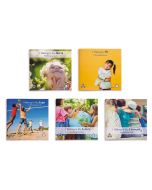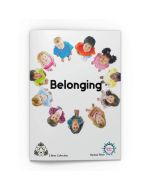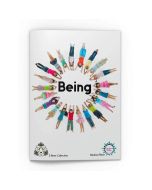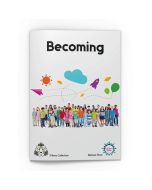Belonging: A Key Principle of the Early Years Learning Framework (EYLF) v2.0

The Early Years Learning Framework (EYLF) v2.0 is a cornerstone for early childhood education in Australia, guiding educators to create enriching, inclusive environments that nurture children’s development. At its heart lies the principle of belonging – a fundamental concept that shapes children’s sense of identity, connection, and emotional wellbeing. This article explores the significance of belonging in the EYLF, why it matters, and practical strategies for fostering a strong sense of belonging in early childhood settings.
Why is Belonging So Important in Early Childhood Education?
Belonging is the foundation of children’s confidence, learning, and overall wellbeing. When children feel they belong, they develop strong relationships, a sense of identity, and the security to explore and engage in their environment.
The EYLF highlights belonging as one of its core principles, acknowledging that children thrive when they feel connected to their families, communities, peers, and educators. A sense of belonging enables children to:
- Build trust and emotional security.
- Develop positive relationships with others.
- Confidently explore and engage with their learning environment.
- Recognise and celebrate their unique identity and culture.
By focusing on belonging, educators create inclusive spaces where children feel valued, safe, and ready to learn.
How Educators Can Foster Belonging in Early Childhood Settings
Creating a strong sense of belonging requires intentional, thoughtful practices that honour every child’s identity and experiences. Here are key strategies to foster belonging in early learning environments:
1. Celebrate Diversity and Inclusion
Children come from diverse cultural, linguistic, and family backgrounds. By celebrating this diversity, educators show children that their identities are valued and respected. Practical approaches include:
- Incorporating cultural resources, stories and songs that reflect the backgrounds of all children.
- Displaying photos, art, and materials that represent a range of families, cultures, and communities.
- Using children’s home languages alongside English to foster inclusivity.
2. Build Strong, Trusting Relationships
Relationships are at the heart of belonging. Taking the time to connect with children and families ensures everyone feels seen, heard, and valued. Strategies include:
- Engaging in one-on-one conversations with children to learn about their interests, strengths, and experiences.
- Welcoming families to share their traditions, values, and knowledge with the learning community.
- Showing genuine care, empathy, and responsiveness to each child’s emotional needs.
3. Create Inclusive Environments
Physical spaces can significantly influence children’s sense of belonging. Designing welcoming, inclusive environments ensures children feel comfortable and connected. Ideas include:
- Creating cosy spaces with materials that reflect children’s cultural backgrounds.
- Displaying children’s work to show their contributions are valued.
- Incorporating natural materials and open-ended resources that encourage exploration and play.
4. Partner with Families
A child’s sense of belonging is deeply connected to their home and family. Collaborating with families strengthens the link between home and the early learning environment. Practical approaches include:
- Inviting families to participate in activities, storytelling, or cultural celebrations.
- Sharing regular updates about children’s learning and achievements.
- Encouraging open communication to build trust and understanding.
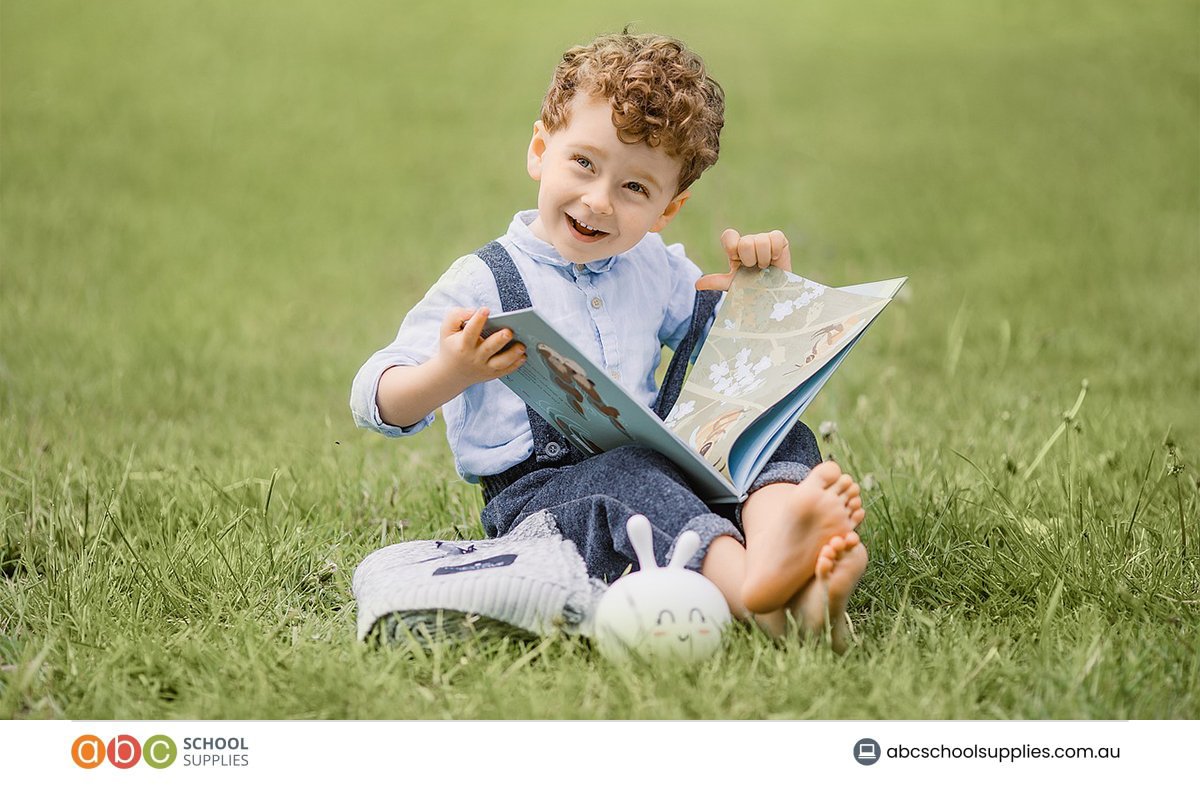

The Role of Belonging in Children’s Development
Belonging shapes children’s learning experiences and overall development. The EYLF identifies belonging as a key driver of a child’s:
- Social Development: Children build friendships and develop strong interpersonal skills when they feel connected to their peers and educators.
- Emotional Wellbeing: A strong sense of belonging fosters confidence, resilience, and a positive self-image.
- Cognitive Growth: Feeling secure enables children to engage in exploration, creativity, and problem-solving.
- Identity Formation: Belonging allows children to recognise their unique qualities, cultural identity, and place in the community.
When children feel a sense of belonging, they are more motivated to participate, express themselves, and embrace new learning opportunities.
EYLF v2.0: Guiding Educators to Support Belonging
The EYLF provides practical guidance to help educators foster belonging through its principles, practices, and learning outcomes. The key practices that support belonging include:
- Holistic Approaches: Recognising the interconnectedness of children’s physical, emotional, and social wellbeing.
- Cultural Competence: Valuing and respecting diverse cultural backgrounds, and embedding inclusive practices into daily learning.
- Responsive Relationships: Building trust and respect with children, families, and the wider community.
By embedding these practices, educators can align their programs with the EYLF’s outcomes to support each child’s sense of belonging and development.
Practical Examples of Fostering Belonging in Daily Practice
Here are some examples of how educators can integrate the principle of belonging into everyday activities:
- Morning Welcomes: Greet children individually as they arrive, using their names and showing genuine enthusiasm.
- Storytelling and Sharing Circles: Invite children to share stories about their families, traditions, or interests.
- Group Projects: Encourage teamwork and collaboration to help children build friendships and connections.
- Inclusive Celebrations: Acknowledge and celebrate a range of cultural celebrations and family traditions, ensuring every child feels represented.
- Displaying Children’s Voices: Use photos, artwork, and quotes to show children their contributions matter.
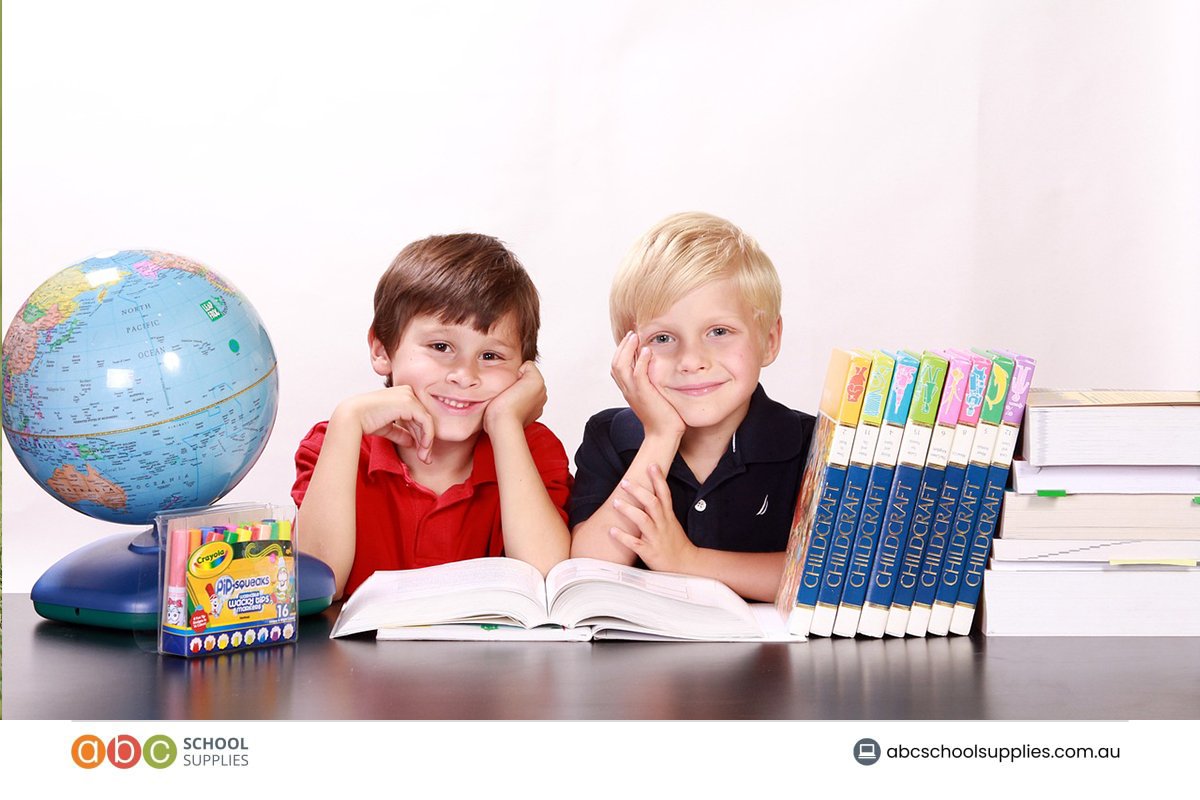

Belonging: An essential element of the Early Years Learning Framework
A strong sense of belonging is vital for children’s wellbeing, confidence, and success in early learning. By focusing on belonging, educators can create environments where children feel safe, valued, and connected. Through inclusive practices, meaningful relationships, and collaboration with families, early childhood settings can become places where every child truly belongs.
At ABC School Supplies, we provide educators with the tools and resources to support the principles of the EYLF, including materials that celebrate diversity and inspire inclusive learning. Together, we can nurture children’s sense of belonging and lay the foundation for lifelong learning.



